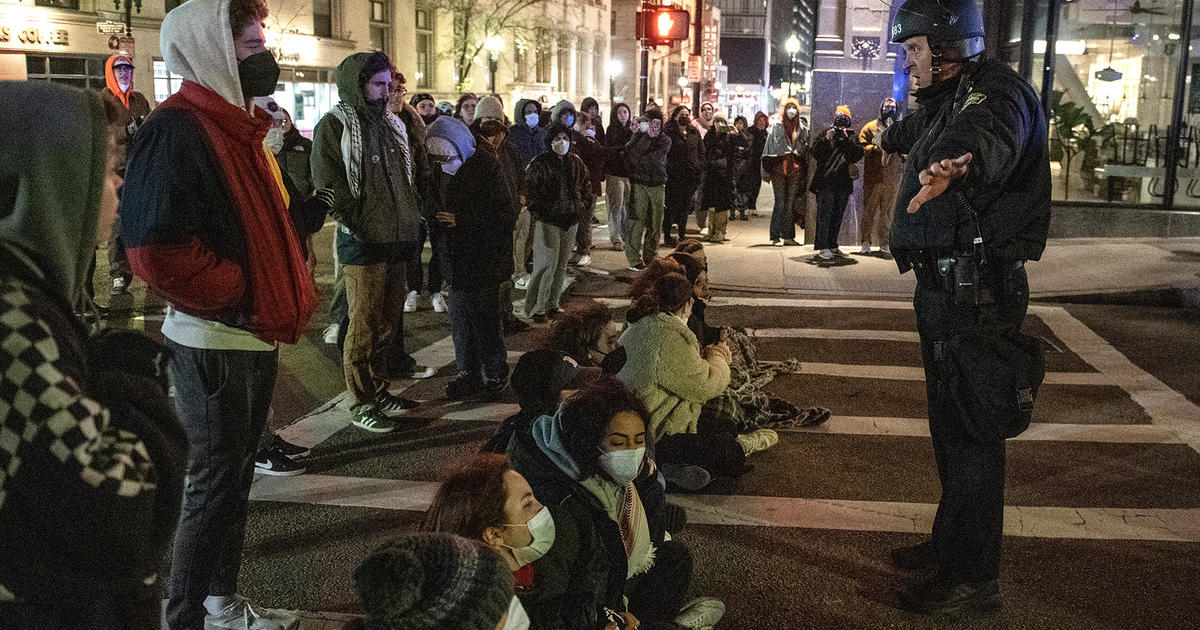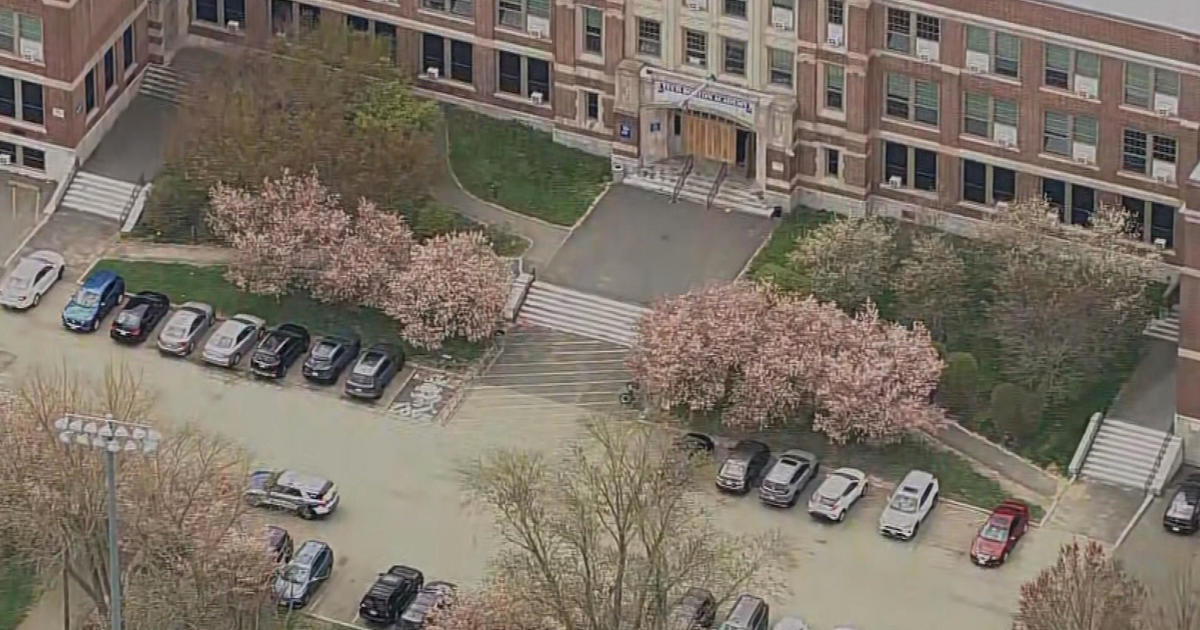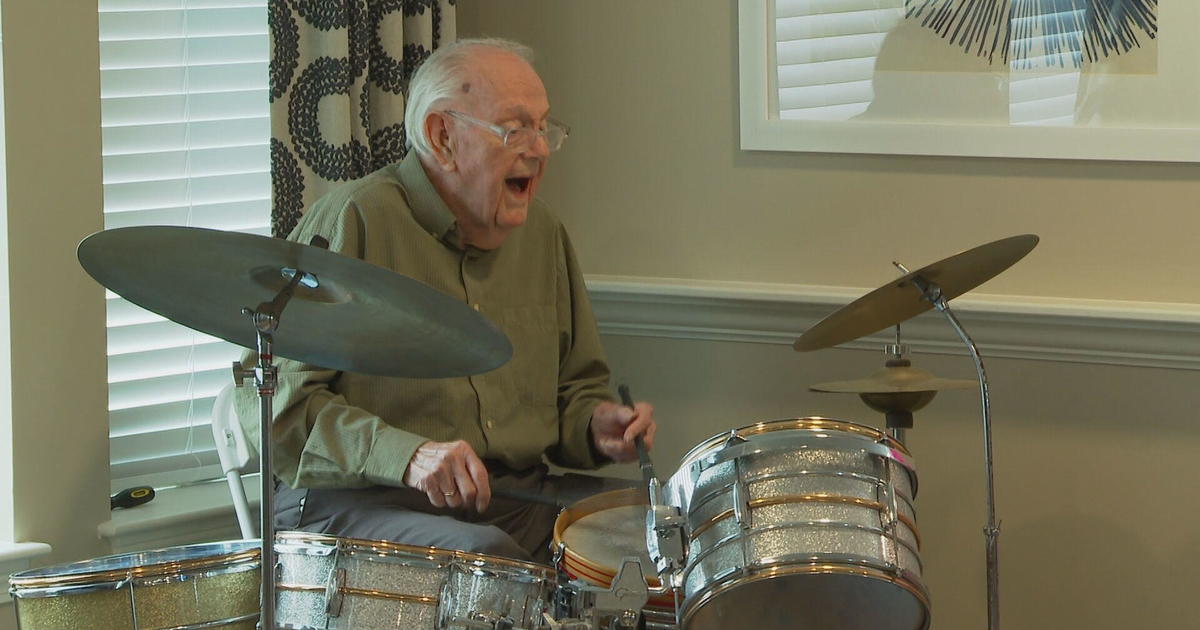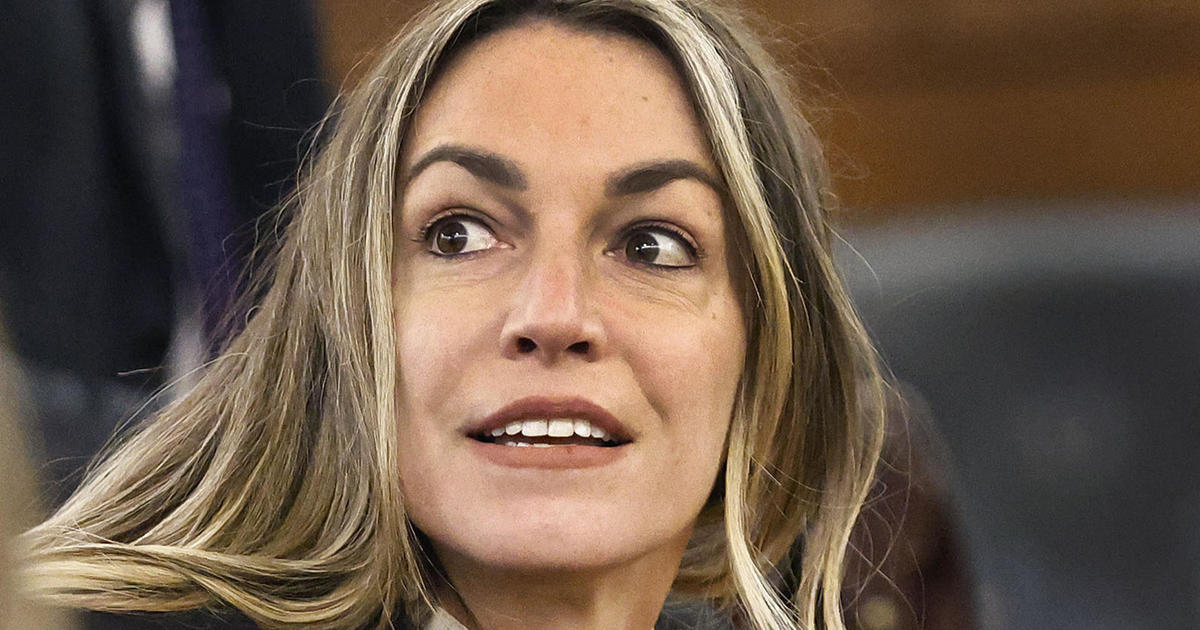'The Floodgates Opened': Encouraging Signs For Cape Cod's Summer Season
JUNE 11, 2020. . . (State House News Service) -- Cape Cod leaders have observed encouraging signs of economic revival underway as the gradual economic reopening process continues, though they noted during a Thursday conference call that nearly half of businesses surveyed still expect to earn less revenue than last year.
Traffic numbers continue to increase following lows in April, members of the Cape Cod Reopening Task Force officials said, and the lodging industry has experienced a sharp uptick in interest in the week and a half since Gov. Charlie Baker announced the state would move into the second portion of its phased reopening.
That milestone was crucial for the region, where the seasonal economy relies heavily on tourism. As part of Phase 2, restaurants can host customers for outdoor dining with indoor dining to follow in several weeks, while hotels and other rental properties can welcome guests with some safety restrictions.
"Now that we've moved into Phase 2, we have a number of our businesses, particularly businesses involved in our seasonal economy, beginning to reopen," Sen. Julian Cyr, a Truro Democrat, said during the task force's call. "Broadly, we're seeing many businesses reopening. I think more businesses are reopening than are not. We're not hearing of a lot of hiccups, so that's encouraging."
After Baker announced on June 6 that the second phase would begin two days later, "the floodgates opened" for travelers interested in visiting the Cape, according to Cape Cod Commission Executive Director Kristy Senatori.
Wendy Northcross, CEO of the Cape Cod Chamber of Commerce, said resorts and hotels reported booking thousands of room-nights, mostly for short-term stays between June and August, in the days since then.
Short-term rentals have also seen "a very brisk uptake since the weekend" of reservations lasting one or two months, she said, an amount of time that is "selling out inventory."
Crossings on the Bourne and Sagamore bridges, which can be read as a proxy for how many people are traveling to the Cape, remain below last year's averages, but have increased since lows earlier in the state of emergency.
In April, traffic volumes on the bridges were about 48 percent lower than the same period last year, while they were about 31 percent lower in May, Senatori said. Memorial Day weekend showed some uptick to about 25 to 30 percent less than last year, though Senatori noted that many vacationers appeared to travel to the Cape earlier and stay longer.
Over the first weekend of June -- the same weekend that Baker announced that the next reopening phase would soon begin -- bridge crossings were only 10 percent lower than the same weekend last year.
Full impacts will become clearer after the end of the month when officials will get clearer data of how many stays and trips did in fact materialize, but task force members said Thursday they are hopeful about the signs of progress.
"We're indicating a continued trend toward normal," Senatori said.
The task force has predicted for weeks that the summer on the Cape will be "muted" amid the COVID-19 pandemic, impacting both local businesses and the workforce that relies on a seasonal rush.
More than 1,500 business owners responded to a survey the Commission ran, many of whom were required to close for weeks or months during the mandatory shutdown of non-essential businesses.
Among those that did shut their doors, 75 percent plan to reopen soon, 20 percent are unsure, and 5 percent do not anticipate reopening, Senatori said Thursday.
Even slower-than-usual summer months will bring back some income for local establishments that have seen a "significant" loss, but Senatori said about 45 percent of businesses surveyed anticipate a revenue loss over the next six months compared to a typical year.
Northcross said restaurants are excited that they can expand beyond takeout- and delivery-only operations, but have "a much stronger hill to climb" than other businesses because many do not have outdoor space available.
Some are choosing to wait for indoor dining to get the green light, she said, which will not come until the still-undefined second part of Phase 2.
The Baker administration originally deemed bars that do not offer food eligible could reopen starting in Phase 3, but later moved them into the fourth and final phase that may not begin until a vaccine or treatment for COVID-19 is available.
Cyr said Thursday that many Cape bar owners were "taken by surprise by that and disappointed about what this means for their businesses."
"If we're staying on track with the public health data, we could move to Phase 3 as soon as the end of June, but it's unclear when we start Phase 4 given that Phase 4 is predicated on having some real distance from the risk and having a vaccine," he said. "Certainly, I've heard a lot of concern, disappointment and anxiety about this, but I can't speak to the (administration's) rationale."
(© Copyright 2020 State House News Service)



